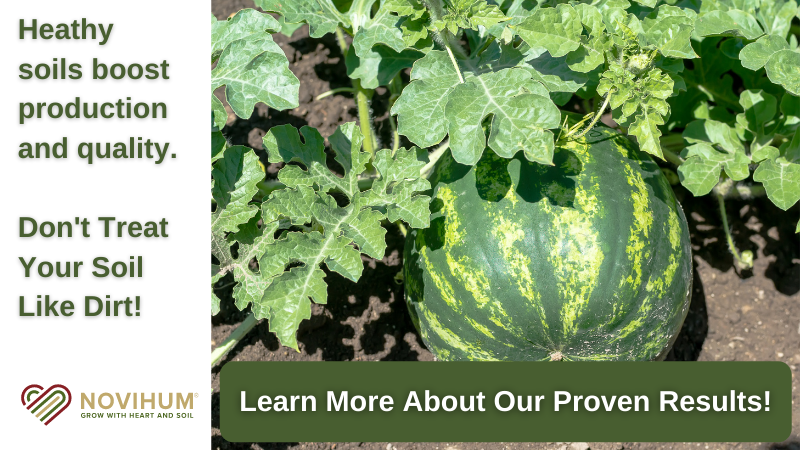Florida’s Biofuels Industry Debuts
For years, Florida’s agriculture industry has provided year-round fresh fruits and vegetables. Despite its value, every year it has been harder and harder for the grower to stay in business. With farms and ranches threatened because of economic pressures, environmental pressures, natural disasters, and more regulations, many have speculated that Florida will lose its valuable agriculture industry — replacing it with rooftops.
Thanks to the commitment of both Governor Crist and Agricultural Commissioner Bronson to alternative energy, Florida’s agriculture industry can be repositioned to help us lead the nation in developing technologies and the biomass materials that power them — while continuing to provide fresh fruit and veggies all year.
Biofuel Options Abound
It’s an exciting time in this emerging industry of biofuels. While the Midwest is relying on corn for biomass, Georgia is exploring pine, and lots of folks are thinking about switchgrass and other stock, Florida has many options. Florida’s water-supply and water-quality issues will likely be a central part of discussion as the industry launches, so it will be particularly important to connect with those who share an interest in developing biofuels in Florida.
The Florida Biofuels Association (FBA) is an organization in which agriculture and waste- management industries can explore these new market opportunities and meet scientists, business interests, governmental organizations, and potential customers interested in biofuels. I believe the FBA will help to focus our efforts and ensure that we’re making the right connections — the ones that make a difference.
Conference In Orlando
One of the FBA’s first initiatives is hosting a conference and tradeshow on waste to fuels/energy. Beyond growing crops for biofuel feedstock, Florida’s farms and ranches have other materials that can be used beneficially to generate green energy. For example, some new and modified technologies can take animal waste, wood waste, and other biomass materials to generate energy or fuel. Using agricultural wastes for fuel or energy production has the added benefit of reducing waste disposal problems in Florida.
In conjunction with the Southern Waste Information Exchange (www.SWIX.ws), the Florida Biofuels Association (www.flbiofuels.org) will host the first annual National Waste-to-Fuels Conference & Tradeshow at the Wyndham Resort in Orlando April 6–8, 2008.
Exhibits will feature the latest advances in alternative fuel-production products and services. Tentative conference presentation topics include:
• Municipal Solid Waste-to-Fuels and Energy Recovery
• Biomass-to-Fuels and Energy Recovery
• Plastics-to-Fuels
• Waste Oils and Grease-to-Fuels
• Landfill Gasses-to-Energy
• Agricultural Waste-to-Fuels and Energy Recovery
This event will attract individuals, state, and national organizations looking to network and learn about the technologies and opportunities of this massive undertaking.
The Waste-to-Fuels Conference comes at a time when Florida’s attention is being turned toward alternative fuels. Under new policy signed into effect July 2007 by Governor Crist, the state will pursue renewable energy sources as well as alternative fuels.
Attendees who register for the conference before April 8 will receive a free membership to the FBA. For additional information on the Waste-to-Fuels Conference & Tradeshow, visit www.waste-to-fuels.com.








